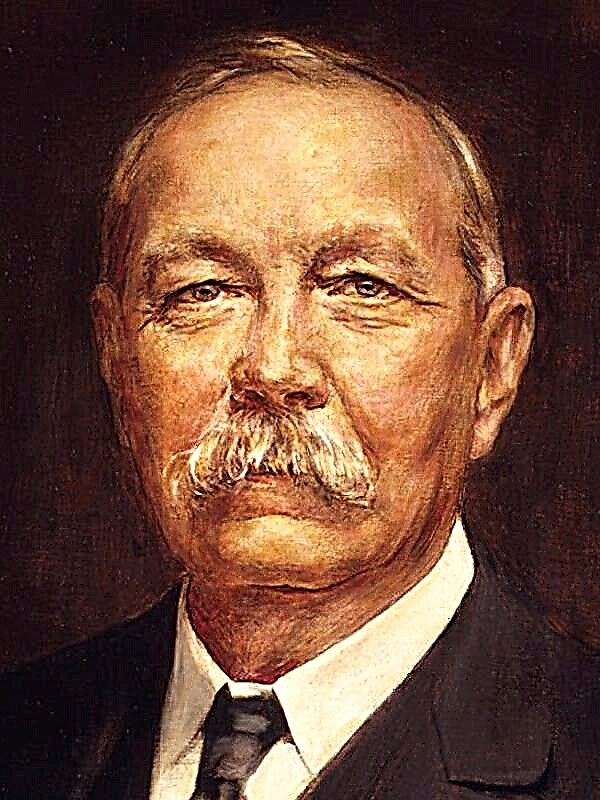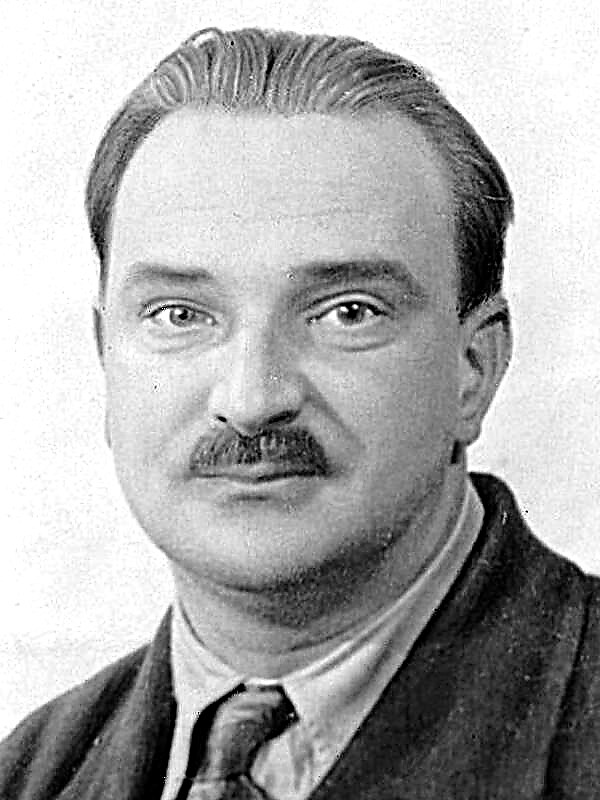Akir was an adviser to the Synagogue, king of the Ador and Naliv lands. He was announced from God that he would remain childless. Akir had a wife and great wealth, but there was no heir. He raised up the altars and began to pray to God for the birth of a son. But God ordered the king's adviser to take Anandan's nephew instead of his son. Akir obeyed. Anandan grew in wealth. In addition, his stepfather taught him all wisdom.
The king began to wonder: who will become his adviser after Akir, who has already grown old? Akir spoke of his adopted son, and the king asked to be brought in. The adviser led Anandan to the king and asked him to wait until the lad matured: then he would serve the king instead of his adoptive father. And the king said to Akir: "No one else will be your heir."
Akir did not stop teaching and instructing Anandan. However, the heir did not learn his advice. Anandan thought that Akir was old, close to death, and had survived from his mind. And the young man began to squander the wealth of his stepfather, torturing his servants and domestic animals. When
Akir found out about this, then told about the actions of the heir to the king. The synagogue replied: "As long as you are alive, Akir, no one else will become the master in your house."
Anandan began to envy his brother, whom Akir also brought up at home. The angry young man was afraid that Akir would drive him away and leave the inheritance to another brother. When Akir began to rebuke his adopted son, he became furious and wrote two letters on behalf of Akir: the Persian king Alon and the Egyptian king Pharaoh. In these letters, he promised to betray Ador’s land in the hands of Alon, and the city of Naliv in the hands of Pharaoh.
At this time, the king dismissed his governor and was left completely alone. Anandan did not send the letters written on behalf of Akir, but he waited an hour to present them to the king. He wrote another letter - Akira on behalf of King Synagogue. It was ordered to collect the governor and on August twenty-fifth to build an army on the Egyptian field, as if it was preparing for battle.
Anandan sent this letter to Akir, and carried two "traitorous" letters to the king. The synagogue believed the adultery of his adviser, and was upset, and Anandan invited him once again to verify Akir's unseemly actions: to come to the Egyptian field in August.
Seeing the king, Akir built the regiments in battle order, as he was ordered. The synagogue decided that the adviser had raised an army against him. Anandan promised the astonished king to destroy the "evil plan" of his stepfather. The king left, and Anandan went to Akir and conveyed thanks to him on behalf of the king.
When Akir came to the Synagogue, the king accused him of treason and presented "intercepted" letters. Anandan joined in the accusations. The king announced that Akira would be chopped off. The counselor asked the Synagogue only for one favor: to be executed in his own house. The king agreed.
Akir ordered his wife to have a feast so that he would die after the feast. When all the guests got drunk at the feast, Akir began to ask his friend, whom the king had ordered the execution to be executed, for salvation. At this time in prison was another doomed to death named Arpar, similar to Akira. Akir began to ask a friend to execute Arpar instead. A friend agreed: after all, once he himself was under accusation and was saved only thanks to Akir. Arpar’s head was chopped off, but everyone thought that Akir was executed, and many grieved for him.
The king ordered Anandan to mourn his stepfather and return to the palace again. The heir did not grieve over the death of Akir. He feasted, tormented the slaves of his stepfather, and sought the love of his wife. But Akir himself, meanwhile, was sitting in an underground shelter that his friend and wife had prepared for him. He knew what Anandan was doing, but could not stop him from doing anything. Akir only prayed to God for deliverance from misfortunes.
The Egyptian king Pharaoh was delighted with the death of Akira. He wrote a letter to the Synagogue, in which he demanded that a sage be sent to him in Egypt, and, moreover, a skilled builder who could build a house between heaven and earth and answer any questions. When these conditions are met, Pharaoh will give the Synagogue three-year income of his land. Otherwise, it requires the three-year income of the land of Synagogue.
The king of Adora wanted to send Anandan to Egypt - as a person who inherited the wisdom of Akir. But the young man was horrified and refused. Then only the Synagogue began to grieve over the death of Akir. And his friend Akira, who saved him from execution, revealed to the king that his adviser was alive. The synagogue was overjoyed and swore that he would not punish Akir for what he was accused of.
When the counselor appeared before the king, he cried and was ashamed, for Akira's appearance had changed a lot from grief and life in the dungeon. The king explained to Akir that Anandan had slandered him.
The counselor rested for forty days in his house, and then the Synagogue told him about the letter of Pharaoh. Akir agreed to go to Egypt. On his orders, the servants caught two eagles. Ropes were tied to the feet of the eagles. The eagles took off and raised the cage, and in the cage there was a little boy. When all this was ready, Akir went to Egypt to King Pharaoh and called himself a groom named Obekam.
Pharaoh was offended that a groom had been sent to him. He began to make riddles. He dressed himself in a crimson dress, the nobleman dressed in multi-colored. Akir guessed that the king likened himself to the sun, and the nobleman - to the sun's rays. He guessed many other riddles. Finally, the king ordered Akira to build a palace between heaven and earth. Then the sage released the eagles into the sky and with them a boy in a cage. When they took off, the boy shouted (as Akir taught him): “Here the builders are ready! Carry stones and lime! ” Of course, the people of Pharaoh could not lift stones and lime into the sky. Then Akir said that he had prepared the builders, and if they were not given building materials, it was not his fault. Pharaoh had to abandon the construction of the palace.
When the sage guessed all the mysteries of Pharaoh, he came up with a new task: he ordered to weave a rope out of sand. Then Akir made a small hole in the wall - a thin ray of sun fell through it. The sage poured a handful of sand into the hole, and the sand swirled in the sun like a rope. Seeing this, Pharaoh was amused and arranged a great feast for Akira as a reward for wisdom. He gave the adviser a three-year tribute from Egypt and released him to King Sinagrip.
The synagogue staged a great feast in honor of Akir. The king promised to give the wise adviser all that he would wish. Akir asked that the treasures should not be awarded to him, but to the friend who saved his life, Nabuginail. And also - to give him the hands of Anandan
The king complied with the requests of his beloved adviser. Then Akir brought Anandan to his house, ordered to give him two thousand stick blows, laid on him an iron chain, put on pads and planted under his porch. Steroil Anandan the youth Anabuil. This young man wrote down the words of Akir, which he spoke to Anandan, entering the house and leaving it. In these words, Akir denounced the kingdom and ingratitude of his nephew.
Anandan apologized to Akir. He promised to reform and do the most dirty work in the house of the tsarist adviser. But the sage did not believe his repentance and his promises. Akir answered the insidious youth with parables, among which was this: “... The little wolf was given to study reading and said to him like this:“ Say “az”, “beeches.” He answered: “Lambs, kids.”
Hearing these accusations of Akir, "Anandan pouted like a jug and burst."












